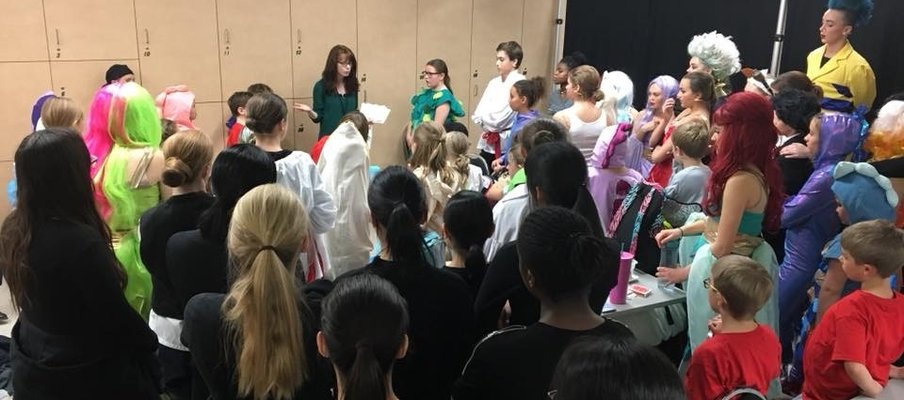
The power of theatre supports personal development
Youth theatrical experiences develop many skills that help youth in navigating the complexities of their personal development. Besides the benefits of social interaction, drama also provides an essential platform for children and youth to hone their creative and expressive abilities.
“In theatre, we’re back to ‘real life’ after COVID — face to face, making eye contact, and making those personal connections,” says Tanya Johnson, vice-principal and school psychologist, Cornerstone Christian School in Moose Jaw and the president-elect, Saskatchewan Drama Association (SDA). With theatre as her lifelong passion, Johnson’s involvement with the SDA has shaped her perspective on the transformative power of drama.
Similar to Johnson, SDA president Ray Deans, who has over four decades of theatrical experience, is a witness to the tangible benefits the SDA brings to the growth of drama in the region.
“Many alumni of the program, in various forms, have gone on to educate the next generation of students, ensuring the growth of drama and theatre in the province and beyond,” says Deans, who currently teaches at A.E Peacock Collegiate in Moose Jaw.
Committed to making drama accessible, the SDA plays a crucial role in fostering drama and theatre in schools across Saskatchewan. The SDA’s diverse initiatives, from regional festivals to scholarships and curriculum support, underscore its commitment to advancing drama education and enriching the artistic landscape in Saskatchewan.
According to Johnson and Deans, theatrical experience offers a myriad of benefits for young individuals. Drama education is more than helping students overcome stage fright and honing public speaking skills, it is a valuable creative outlet for young people, as well as contributing to important life skills. Drama education encompasses a broader spectrum of skills, including teamwork, problem-solving, resilience, and critical thinking.
According to Johnson and Deans, stepping into a character’s shoes and exploring their story allows an actor to empathize with others and understand feelings from another’s perspective. As a result, individuals develop a deeper understanding of others, fostering social and emotional intelligence.
Beyond personal growth, drama creates ‘theatre families’ that forge strong camaraderie while providing a safe place for those involved to express themselves, says Deans. “When on stage, one is quite vulnerable. The other actors in the production are there to support and cheer on one another. These relationships are built in a short time, but last a lifetime.”
Johnson believes that theatre is one of the most inclusive environments. Regardless of one’s background or personality, theatre is a place where everyone fits. “It’s beautiful. We all can work together to create this wonderful story.”
The Saskatchewan Drama Association receives Annual Global Funding from Lotteries Trust Fund for Sport, Culture and Recreation.


 Engage - Volume 14, Issue 2, Spring 2024
Engage - Volume 14, Issue 2, Spring 2024